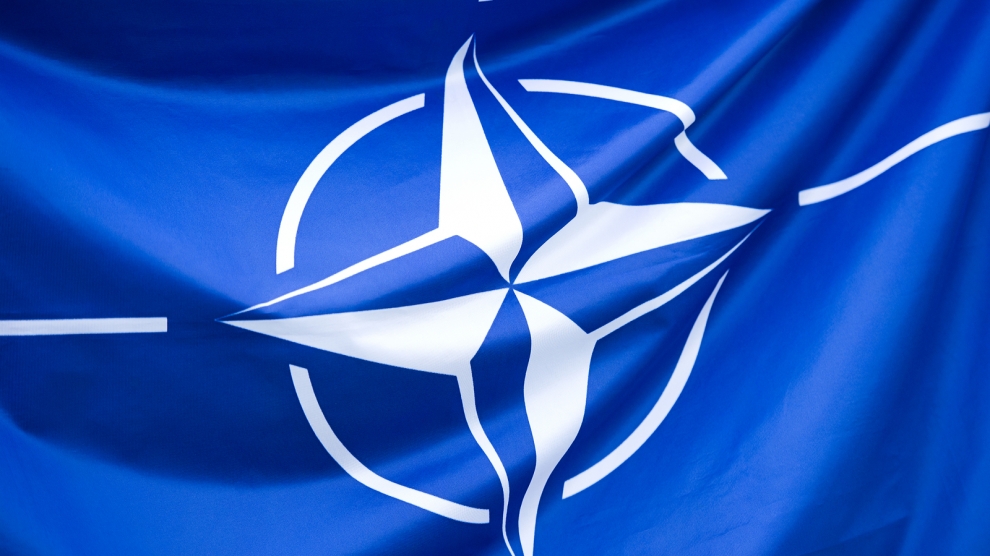The North Atlantic Treaty Organisation (NATO) now has a new liaison office in Moldova’s capital, Chișinău. It’s seen as an important stage in Moldova’s relations with the organisation without yet affecting the principle of the country’s constitutional neutrality as it is a diplomatic mission which has no military implications
“NATO fully observes the neutrality, independence and sovereignty of Moldova, said Rose Gottermoeller, NATO’s deputy secretary general. “The North Atlantic Bloc works with other neutral states, including Sweden, Finland and Switzerland, as well as with countries which have close relations with Russia, such as Armenia. Neutrality does not mean that we cannot be strong partners.”
According to Pavel Filip, the Moldovan prime minister, the existence of the office in Moldova ensures a resetting bilateral activities, according to the goals set out in the Action Plan of the Moldova-NATO Partnership for 2017-2019. The agreement to open a NATO mission in Chișinău was signed in November 2016 and ratified by parliament before President Igor Dodon took office on December 23, 2016.
“I think that the opening of a NATO liaison office in Chișinău is not beneficial to the majority of Russians, or Moldovans in my country,” President Dodon said during a visit to NATO headquarters in Brussels in February 2016. “I do not care what others say, I only care about the neutrality and safety of the citizens of the Republic of Moldova. In my opinion, opening this liaison office in Moldova will not ensure the security of Moldovan citizens,” he added.
Now, during a separate meeting with Deputy Secretary Gottemoeller after the opening of the office, President Dodon, who is referred to as a pro-Russian head of state, talked about the regional political situation and about the future of relations between NATO and Moldova. “Our main belief is that in its relations with NATO and the Organisation for Collective Security Treaty (OTSC), the Republic of Moldova must rely exclusively on its neutrality status,” he repeated.
Moldova’s relationship with NATO began when the country joined the North Atlantic Cooperation Council in1992 and the Partnership for Peace (PfP) programme in 1994. The country’s programme of cooperation with NATO is set out in an Individual Partnership Action Plan (IPAP), which is agreed every two years. The North Atlantic organisation sees Moldova as a constitutionally neutral state seeking to draw closer to Euro-Atlantic standards and institutions. Moldova has contributed troops to the Kosovo Force (KFOR) since March 2014.

